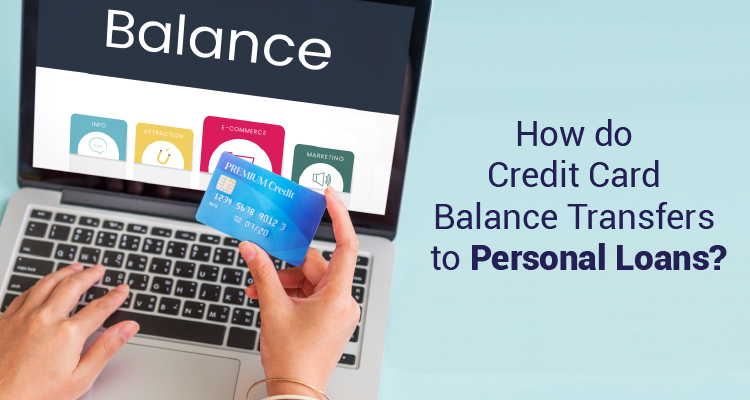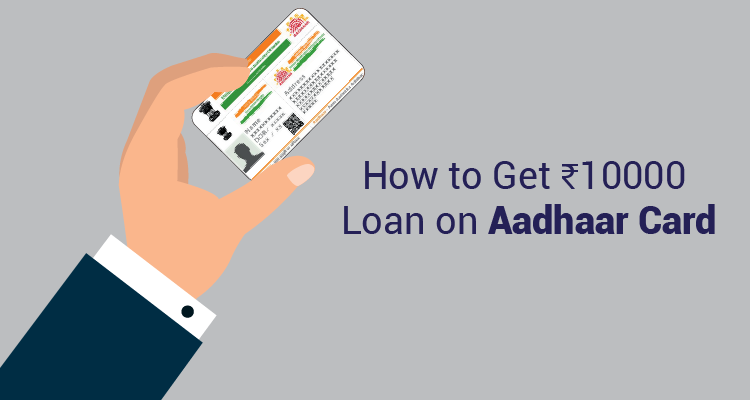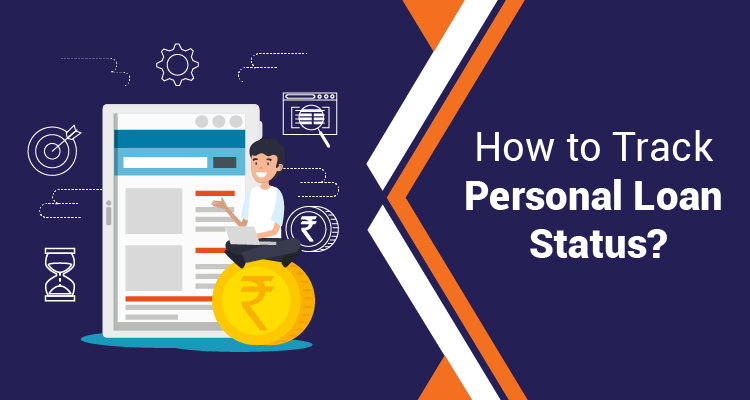How Do Credit Card Balance Transfers To Personal Loans?
Table of Contents
Credit cards are convenient and often tempt you to overspend, leading to a debt trap. If you find yourself in this situation, you may feel trapped in the credit card debt cycle.
There are different ways to pay off your credit card debt, including converting your outstanding balance into monthly installments or transferring it to a new card. The most popular method, however, is through a personal loan.
This article explains the process of asking your bank to convert your credit card bill into a personal loan. Doing so makes it easier to pay off your debt in manageable monthly payments and break free from the debt trap.
Benefits Of Credit Card Balance Transfer To Personal Loans
• Lower Interest Rates
Personal loans generally have lower interest rates than credit cards, especially if you have high credit card balances. By transferring your credit card debt to a personal loan, you can save a significant amount on interest payments and reduce your monthly payment.• Longer Repayment Tenure
Personal loans typically have a longer repayment tenure than credit cards, giving you more time to pay off your debt. It can also make your monthly payments more manageable and reduce financial pressure.• Improved Credit Score
Transferring your credit card debt to a personal loan can also improve your credit score. As you're shifting from an expensive loan to a cheaper one, you demonstrate to lenders that you're managing your debt responsibly.Steps To Transfer Credit Card Balance To Personal Loans
1. Check Your Eligibility
Before applying for a personal loan, check if you're eligible. Lenders usually consider your credit score, income, and employment status to determine your eligibility.Zaroorat aapki. Personal Loan Humara
Apply Now2. Shop Around For The Best Rates
Research different lenders and compare the interest rates and repayment terms they offer. Look for a lender with the lowest interest rate and the best repayment terms to suit your needs.3. Apply For The Personal Loan
Once you've found the right lender, complete the application process and provide all the necessary information and documents. Read and understand the terms and conditions of the loan before accepting it.4. Transfer The Balance
Once the lender approves your loan, transfer the balance from your credit card to the personal loan account. Pay off your credit card debt in full to avoid carrying over the debt to the next billing cycle.5. Repay Your Personal Loan
Start making regular payments on your loan per the terms and conditions of the loan. Keep track of your payments and pay the loan on time to avoid late fees or penalties.Fulfil Your Financial Needs With An IIFL Finance Personal Loan
IIFL Finance offers tailored personal loans to meet your financial needs with a streamlined application process. Whether you need funds for a wedding, vacation, home renovation, or other personal goals, IIFL Finance has you covered. Get instant loan approval in under few minutes with flexible repayment options and start turning your dreams into reality.FAQs
Q1. What is a credit card balance transfer to a personal loan, and how does it work?
Ans. A credit card balance transfer to a personal loan is a process where you transfer the outstanding balance on your credit card to a personal loan. It helps you take advantage of lower interest rates and better terms on the personal loan, potentially reducing the amount you pay in interest and accelerating debt repayment.
Q2. What are the eligibility criteria for a personal loan?
Ans. The eligibility criteria for a personal loan vary depending on the lender. Some common eligibility requirements include a minimum credit score, proof of income, and a good credit history. Before applying, it is important to check the lender's specific requirements that interest you.
Zaroorat aapki. Personal Loan Humara
Apply NowDisclaimer : The information in this blog is for general purposes only and may change without notice. It does not constitute legal, tax, or financial advice. Readers should seek professional guidance and make decisions at their own discretion. IIFL Finance is not liable for any reliance on this content. Read more




